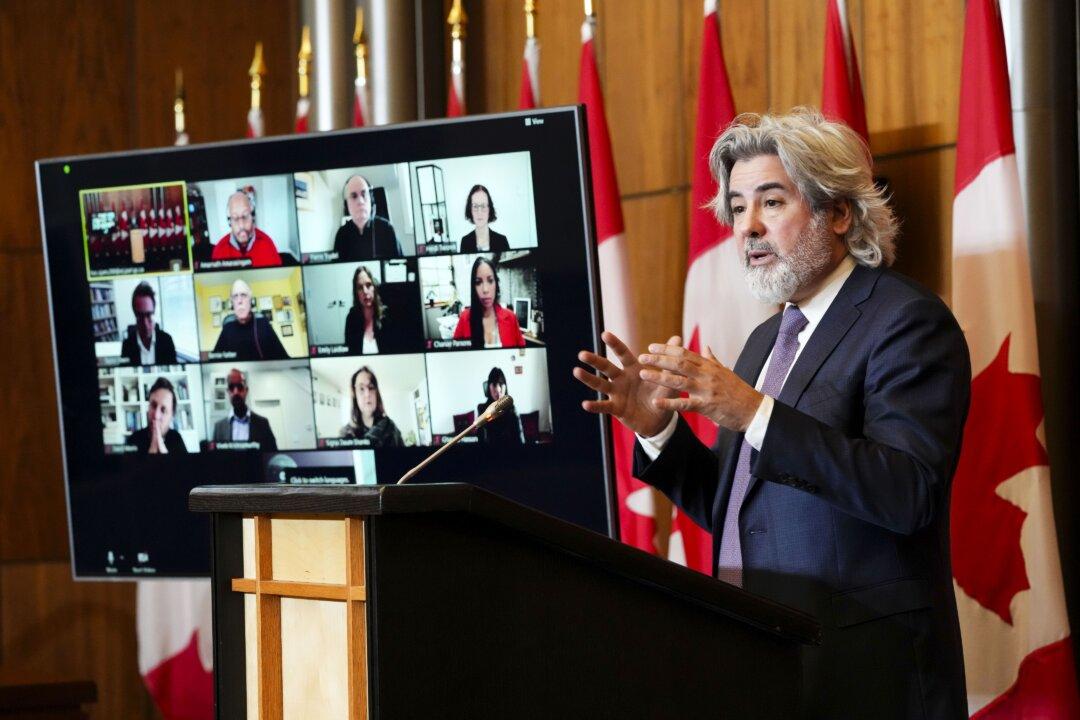The expert panel tasked with advising the federal government on the creation of a new bill to address “online harms” says “disinformation” should be tackled, yet it warns that the phenomena cannot be defined in legislation.
In late March, Heritage Minister Pablo Rodriguez announced that a panel of 12 experts would be holding discussions to make recommendations to the government for the tabling of a new bill to regulate online content.





